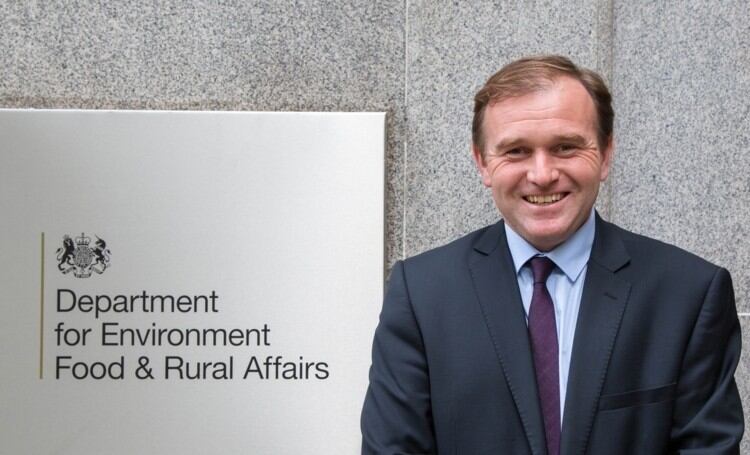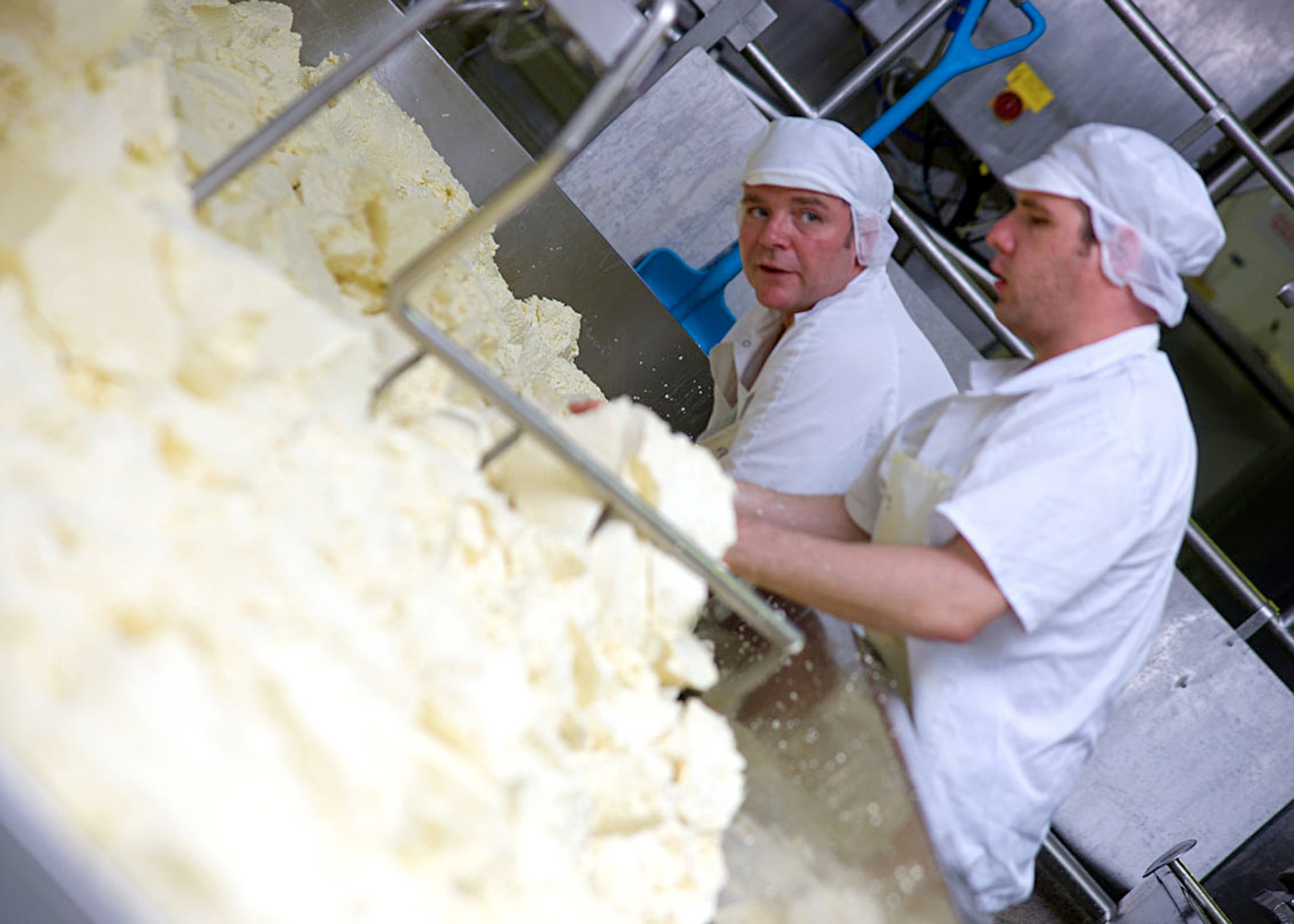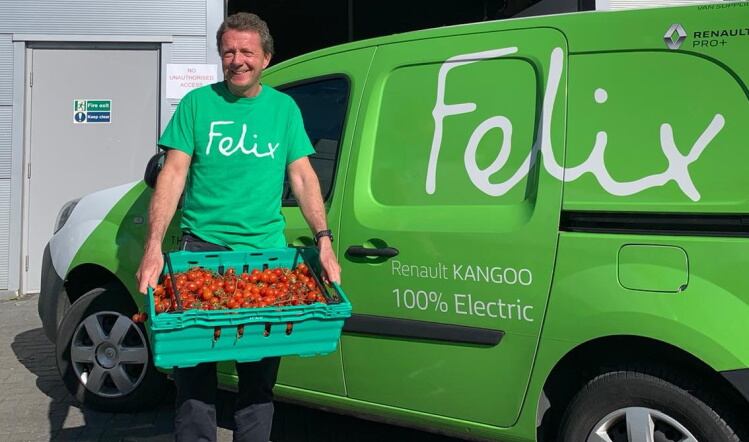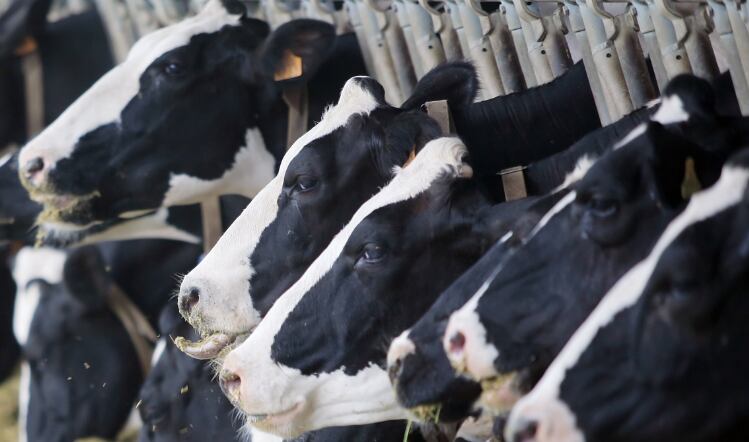The fund will be used by Fareshare and WRAP [Waste and Resources Action Programme] to continue and support and increase the food redistribution work that they already do and will significantly expand their sourcing capacity,” said Eustice in the Government’s daily televised coronavirus briefing on 8 May.
"They will be delivering food to around 5,000 frontline charities and these include refuges, homeless shelters and rehabilitation centres.”
He revealed that more than a million food parcels had been delivered to shielded households and 400,000 people had been offered priority delivery slots by supermarkets, with about one million orders placed. He supported takeaway drive-thrus as being “made” for social distancing.
Welcoming the aid package, Lindsay Boswell, chief executive of FareShare, said: "We welcome this support from DEFRA to obtain vital food supplies, on top of the generosity already shown by the UK food industry. This will enable us to continue to supply much-needed food and drink to the many thousands of frontline charities and community groups across England that are doing the humbling work of getting meals to very vulnerable people during this crisis.
“We want to make clear that this funding will only be used for the procurement of food and drink and that our own running costs are funded through other gratefully received charitable donations.”
Food industry generosity
“We have seen the generosity of the food industry who have stepped up to donate food and logistical support to help us do this, and Government has now come in to play its part alongside. If businesses or local authorities wish to join our efforts in the fight against hunger and food waste, be they in food, logistics or have fleets, we urge them to get in touch with us today."
Marcus Gover, chief executive WRAP, said: “We’ve worked with DEFRA to create a grant scheme of support for the many organisations across England who are feeding the most vulnerable among us.
“In only two weeks we’ve received a huge response and are finalising the first batch of applications. This additional funding will be used to expand that essential work with support for the very smallest, to the largest charities and enable them to support many more people at this difficult time.”
Eustice praised food processors and the wider industry for their “extraordinary effort” in keeping food on shelves during the coronavirus pandemic.
Back to work
Meanwhile, staff in the manufacturing sector, were urged to get back to work by Prime Minister Boris Johnson. In his speech on easing the lockdown last night he urged the manufacturing and construction sectors to go back to work this week.
Despite the increased numbers of people eating at home during the lockdown the closure of foodservice has meant that some food manufacturers have had to furlough staff and close factory lines.
Last month, law firm Walker Morris said that food manufacturers need to start planning for the future after lockdown and the end of the furlough scheme.
There is still concern that the Government has not issued comprehensive guidance for workplaces and that public transport could be overwhelmed with people going back to work.
Andrew Sanderson, a partner specialising in health and safety law at law firm Fieldfisher, said Johnson has revealed that workplaces would receive guidance on how to be COVID-19 secure.
Legal obligation
"Regardless of how useful the guidance is, employers have a legal obligation to protect the health and safety of their workforce and should already be considering how they can safeguard workers when they return to work,” he said.
"They should be thinking about how employees and other individuals – such as customers and supplies – can remain socially distant, whether particular areas of the workforce are at higher risk, whether they have appropriate facilities such as handwashing and sanitation facilities and how people will get to work in the first place.
"There are many gaps in the government's advice which we expect, or at least hope, will be filled in in due course to give businesses greater certainty and reduce the risks to workers."




